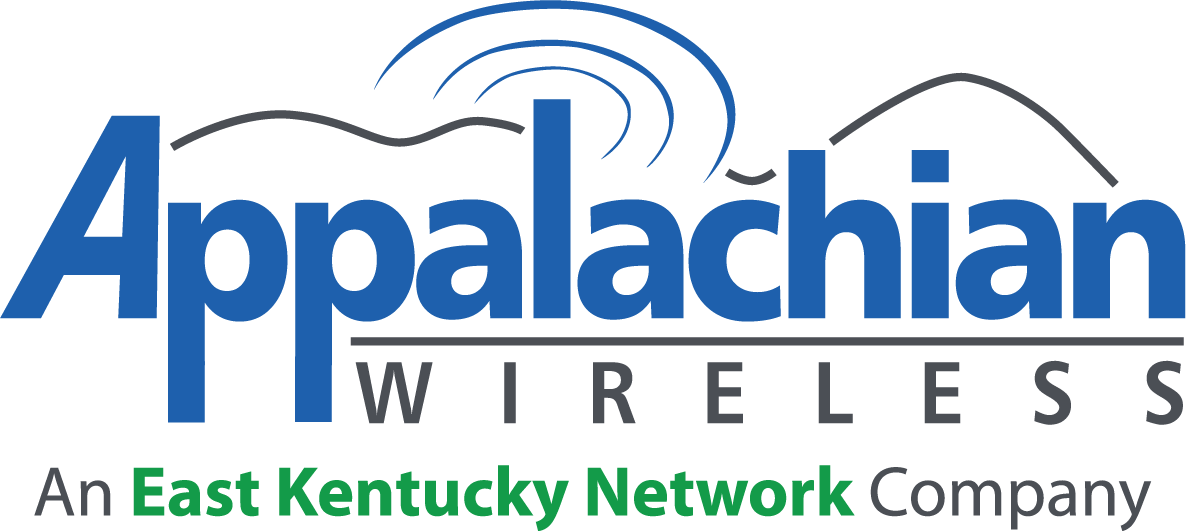Support Center
Boosters - Pros and Cons
PROS
Improved signal strength: The primary benefit of a cellular booster is that it amplifies weak signal, which results in improved call quality, faster speeds, and fewer dropped calls. This is particularly useful in rural areas with mountainous terrain, such as eastern Kentucky.
Enhanced Coverage: By boosting the signal, cellular boosters can extend coverage to areas that typically have poor reception. This can be especially beneficial for businesses or homes in remote locations.
Compatibility: Cellular boosters are compatible with most major carriers and support multiple devices simultaneously, including smartphones, tablets, and data cards. This means that everyone in the boosted area can benefit from improved connectivity.
Easy Installation: Many cellular boosters are designed for easy DIY installation, requiring only basic tools and no technical expertise. This makes them accessible to a wide range of users.
Cost-Effective: Compared to alternative solutions such as installing a dedicated signal repeater system or switching carriers, cellular boosters are often a more cost-effective option for improving cellular reception.
CONS
Initial Cost: While cellular boosters can save money in the long run by improving signal quality and reducing dropped calls, the initial cost of purchasing and installing a booster can be relatively high, ranging from $200 to $1000 or more depending on the model and features. However, several sites have affordable payment options, please see section regarding affordable options for more detail.
Limited Effectiveness: Cellular boosters rely on an existing weak signal to amplify, so they may not be effective in areas with extremely poor or no signal at all. In such cases, alternative solutions like utilizing your ISP for Wi-Fi calling maybe your best option.
Potential Interference: Improperly installed or malfunctioning cellular boosters have the potential to interfere with nearby cellular networks, causing signal distortion or disruptions for other users. It's important to ensure that boosters are FCC-compliant and installed correctly to minimize this risk. If you have a booster, please make sure to register the booster on this site: https://www.appalachianwireless.com/booster-registration to help with potential interference issues.
Dependency on External Factors: The effectiveness of a cellular booster depends on external factors such as the distance from cell towers, terrain, and building materials. While boosters can improve signal strength, they cannot overcome these limitations entirely.
Ongoing Maintenance: While cellular boosters typically require minimal maintenance once installed, occasional adjustments may be necessary to optimize performance or address issues like signal interference. Additionally, software updates or changes in carrier technology may require updates to the booster firmware.
Overall, cellular boosters can be an effective solution for improving cellular reception in areas with weak signals, but users should carefully consider their specific needs and circumstances before purchasing and installing a booster.
Customer experience and results of using a cellular signal booster will vary. Follow all manufacturer instructions.
Published on July 5, 2024
Updated on July 8, 2024

